Artificial Intelligence in Dentistry: Shaping the Future of Dental Care
In the rapidly advancing world of technology, the healthcare sector is undergoing a significant transformation, and dentistry is no exception. One pivotal aspect of this transformation is the integration of artificial intelligence (AI) technology into dental practice. What is artificial intelligence in dentistry? The use of AI in the dental field enables faster, more precise, and personalized treatments, providing substantial benefits to both dentists and patients.
Applications of AI in Dentistry
- Diagnosis and Diagnostic Support: Through image processing algorithms, AI can analyze X-rays and other imaging techniques. This allows dentists to make quicker and more accurate diagnoses, identify early signs of issues, and optimize treatment processes.
- Treatment Planning: Using AI-supported software, dentists can create tailored treatment plans for patients. By considering patient characteristics, medical histories, and imaging results, the most effective treatment method can be determined.
- Robotic Assistants: AI can facilitate the control of robotic systems during surgical interventions. These robots can perform delicate procedures with enhanced precision, thereby improving treatment outcomes.
- Patient Communication: AI-powered chatbots and applications can answer patients' dental health-related questions and assist in tasks such as scheduling appointments. This enhances patient education and facilitates communication.
- Education and Simulation: AI-based simulations can aid dental students in developing practical skills. Additionally, they offer the opportunity to learn and experiment with new treatment methods, contributing to the continuous advancement of the field.
Use of artificial intelligence in dentistry further extends to these key areas, revolutionizing how diagnoses are made, treatment plans are formulated, surgeries are performed, patient communication is facilitated, and dental education is enhanced.
Advantages and Challenges of AI in Dentistry
Advantages:
- Faster diagnosis and treatment processes
- Reduction of errors and enhancement of treatment outcomes
- Personalized treatment plans
- Data analysis and patient tracking
- Increased patient satisfaction
Challenges:
- Data privacy and security
- Use of insufficient or misleading data
- Adaptation to technology and the need for education
- Concerns about replacing human touch and expertise
Conclusion
AI in the dental field, through the application of artificial intelligence in dentistry, holds the potential to make dental practice more efficient and effective. However, careful management of this technology and its integration with a human-centric approach are essential. While AI can provide dentists with more time for improved patient care, the value of human touch and expertise should not be overlooked. In the future, the collaboration between AI and dentistry could elevate oral and dental health to new levels.
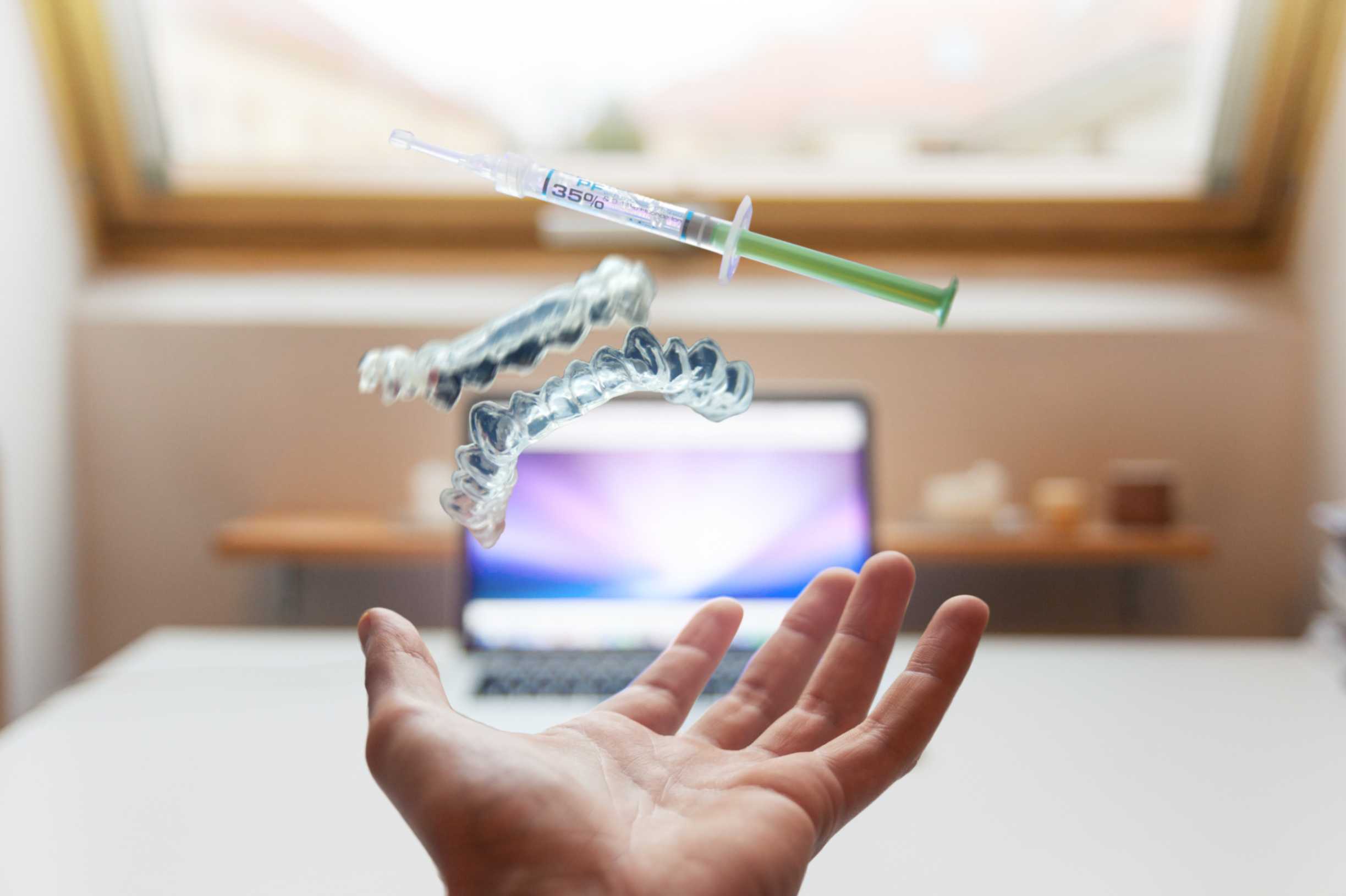
AI Applications in Dentistry
The healthcare sector is experiencing a transformation driven by technological advancements. At the core of this transformation is artificial intelligence, which assists healthcare professionals in delivering faster and more efficient treatments. Dentistry is significantly influenced by these technological developments. In this article, we will focus on the role of artificial intelligence in dentistry and how its applications are revolutionizing the field.
Areas of AI Application
- Automated Diagnosis and Detection: AI plays a substantial role in analyzing radiological images. Issues like dental cavities, inflammations, and tumors can be identified by algorithms. This enhances early diagnosis opportunities and facilitates quicker treatment initiation.
- Treatment Planning and Personalization: Each patient's anatomical structure is unique. AI utilizes patients' personal data to optimize treatment plans, resulting in faster and patient-centric treatment processes.
- Education and Simulation: AI-driven simulations are being developed for dental students and experts. These simulations allow for experiencing different treatment scenarios and learning about challenges encountered in real-world situations, contributing to the evolving curriculum in artificial intelligence in dentistry courses.
- Patient Communication and Monitoring: AI-supported applications enable effective patient communication. They can also assist in tasks like appointment reminders and tracking medication usage.
- Data Analysis and Research: AI aids in analyzing extensive datasets, contributing to a better understanding of dental health. This data is instrumental in developing new treatment protocols and enhancing overall oral health.
Future Prospects
The future of AI applications in dentistry is promising. With the advancement of machine learning algorithms and deep learning techniques, diagnosis and treatment processes will become more precise, enhancing the patient experience. These technologies not only streamline dental practice but are also expected to proliferate as AI-equipped dental applications become more widespread.
Artificial Intelligence Solution in Dentistry - CranioCatch
CranioCatch Clinic is an artificial intelligence-supported 2D and 3D radiography analysis solution that dentists can utilize to alleviate their heavy workload and minimize potential errors. Thanks to its automatic report generation feature from radiographs, it assists dentists in achieving faster and more accurate diagnoses.
Features
- Time-saving through rapid diagnosis
- Radiography archiving with cloud storage
- Increased patient satisfaction with personalized reports
- Personalized and secure treatment plans
Our Products
CranioCatch Clinic
The use of artificial intelligence to analyze patients' radiological images offers numerous advantages in terms of speed and accuracy. 2D and 3D radiographs can be analyzed rapidly through artificial intelligence.
CranioCatch Education
Enables dental students to learn dentomaxillofacial anatomy and pathologies in a practical manner through artificial intelligence.
CranioCatch Orthodontics
Facilitates the analysis of teeth, jaws, and facial structures in orthodontic radiography and images using artificial intelligence.
CranioCatch Labeling
You can develop an artificial intelligence model by tagging findings with different labeling tools on radiographs.
Conclusion
AI in the dental field holds the potential to make dental practice more efficient and effective. However, careful management of this technology and its integration with a human-centric approach are essential. While AI can provide dentists with more time for improved patient care, the value of human touch and expertise should not be overlooked. In the future, the collaboration between AI and dentistry could elevate oral and dental health to new levels.
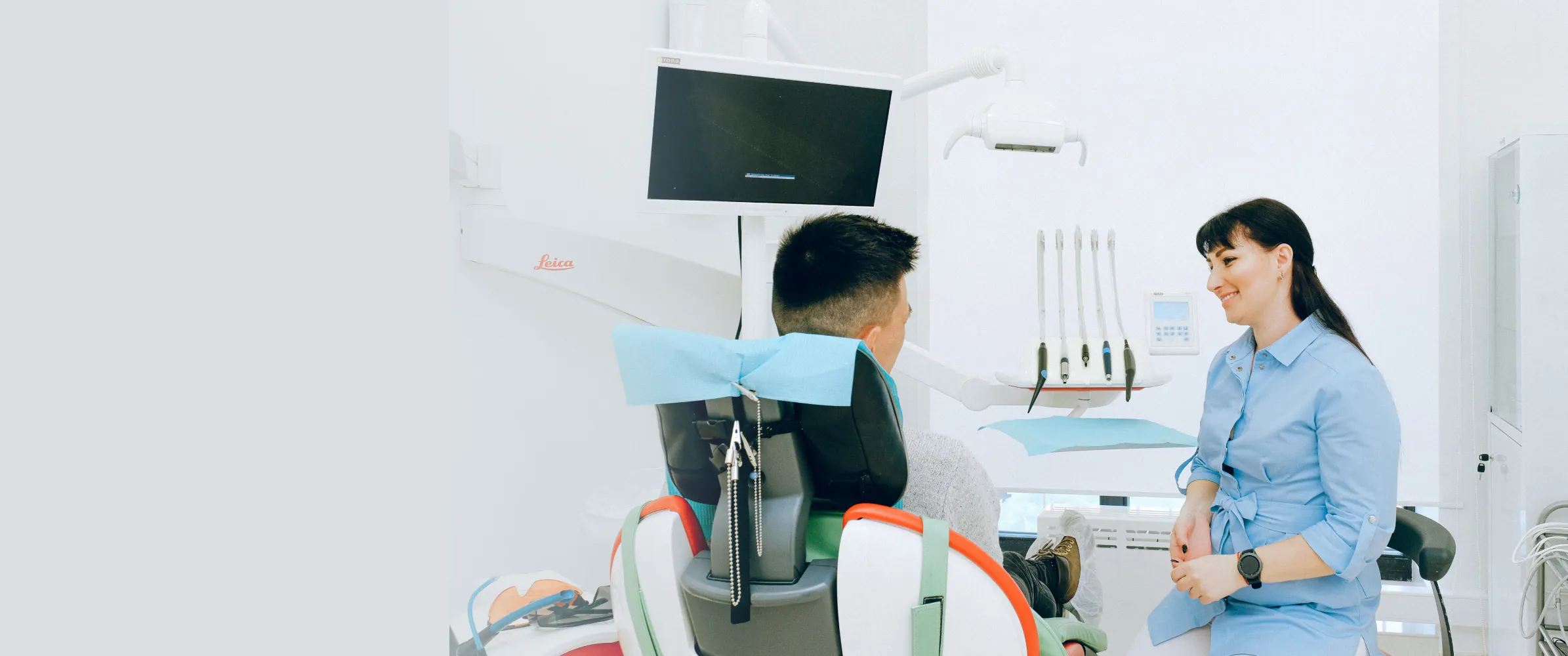
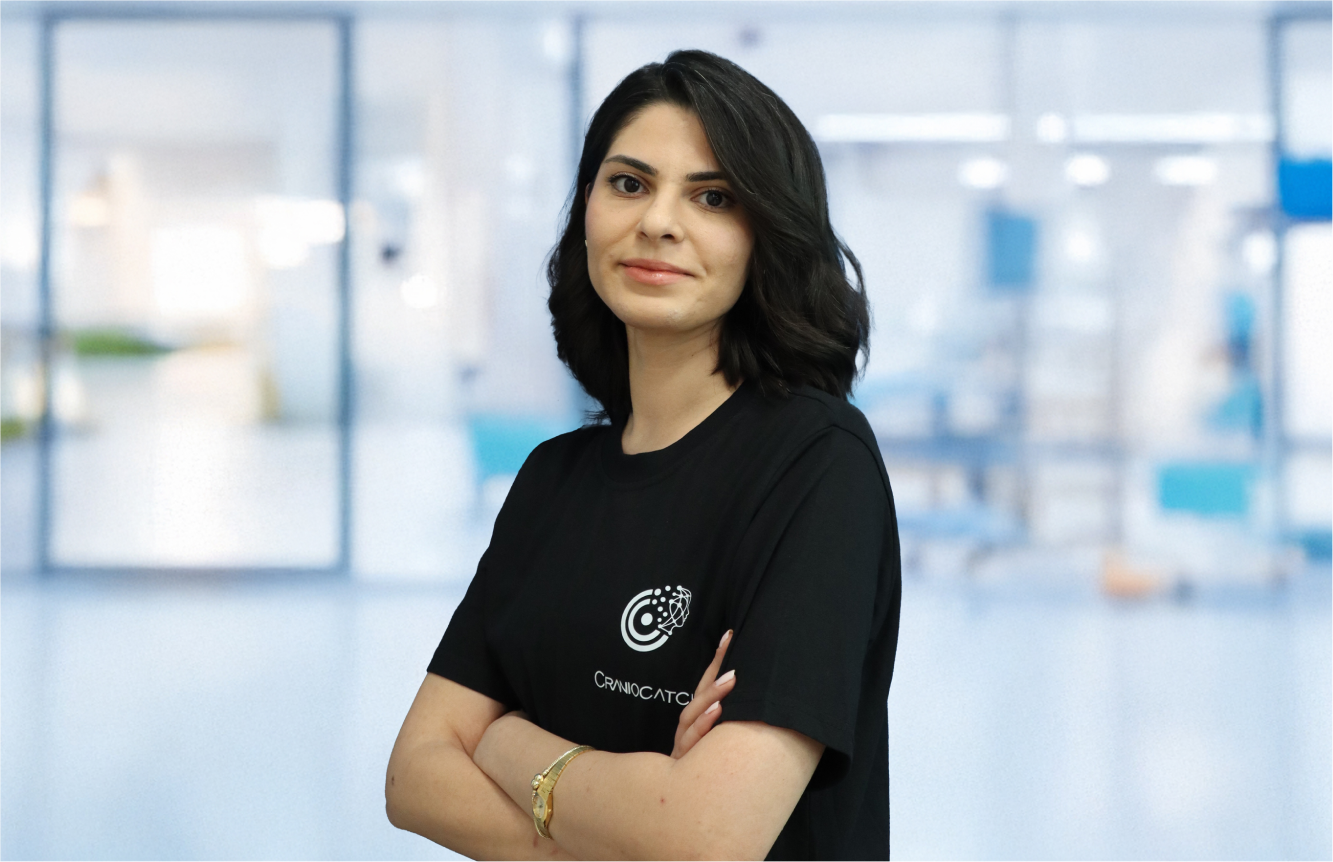
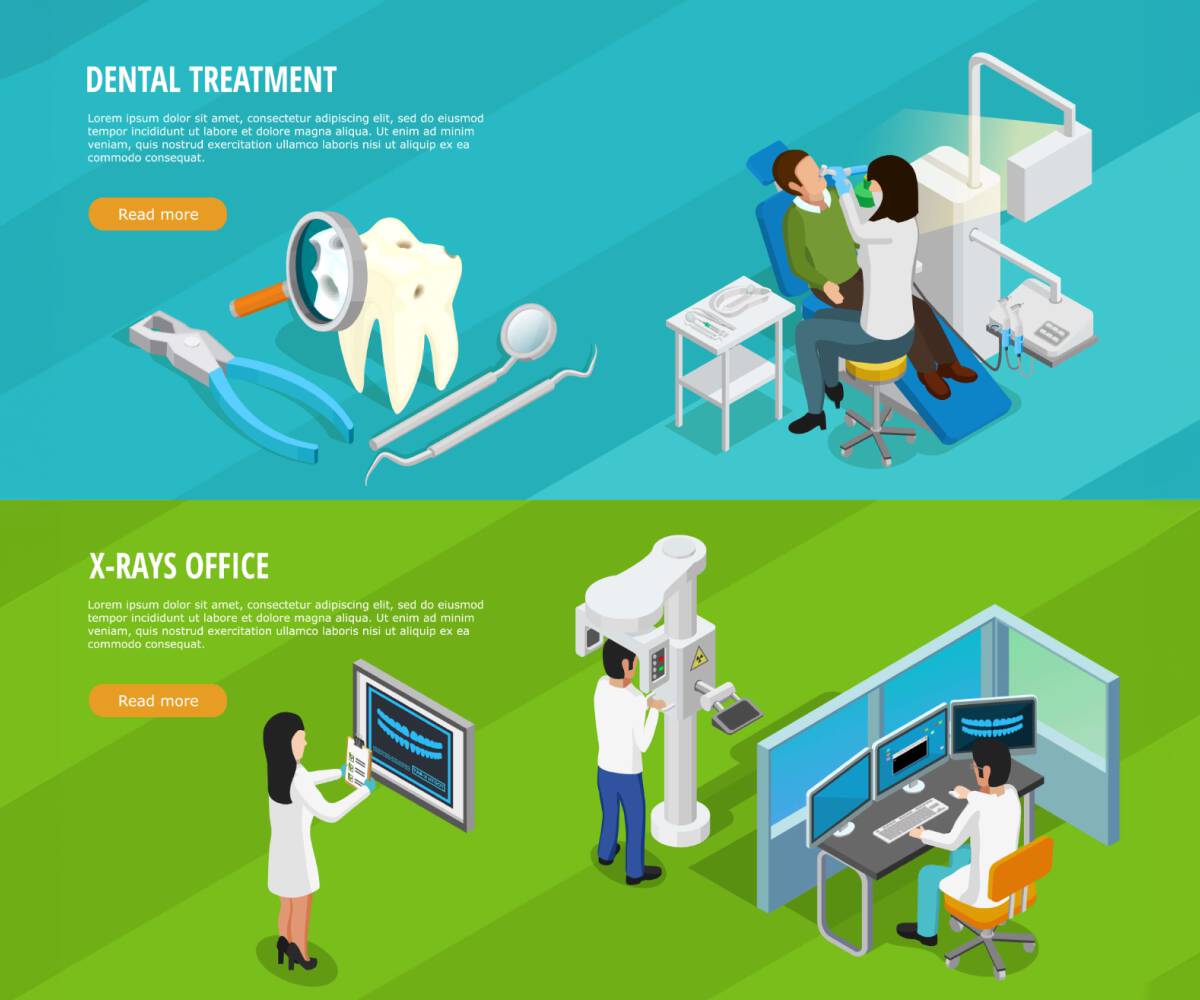
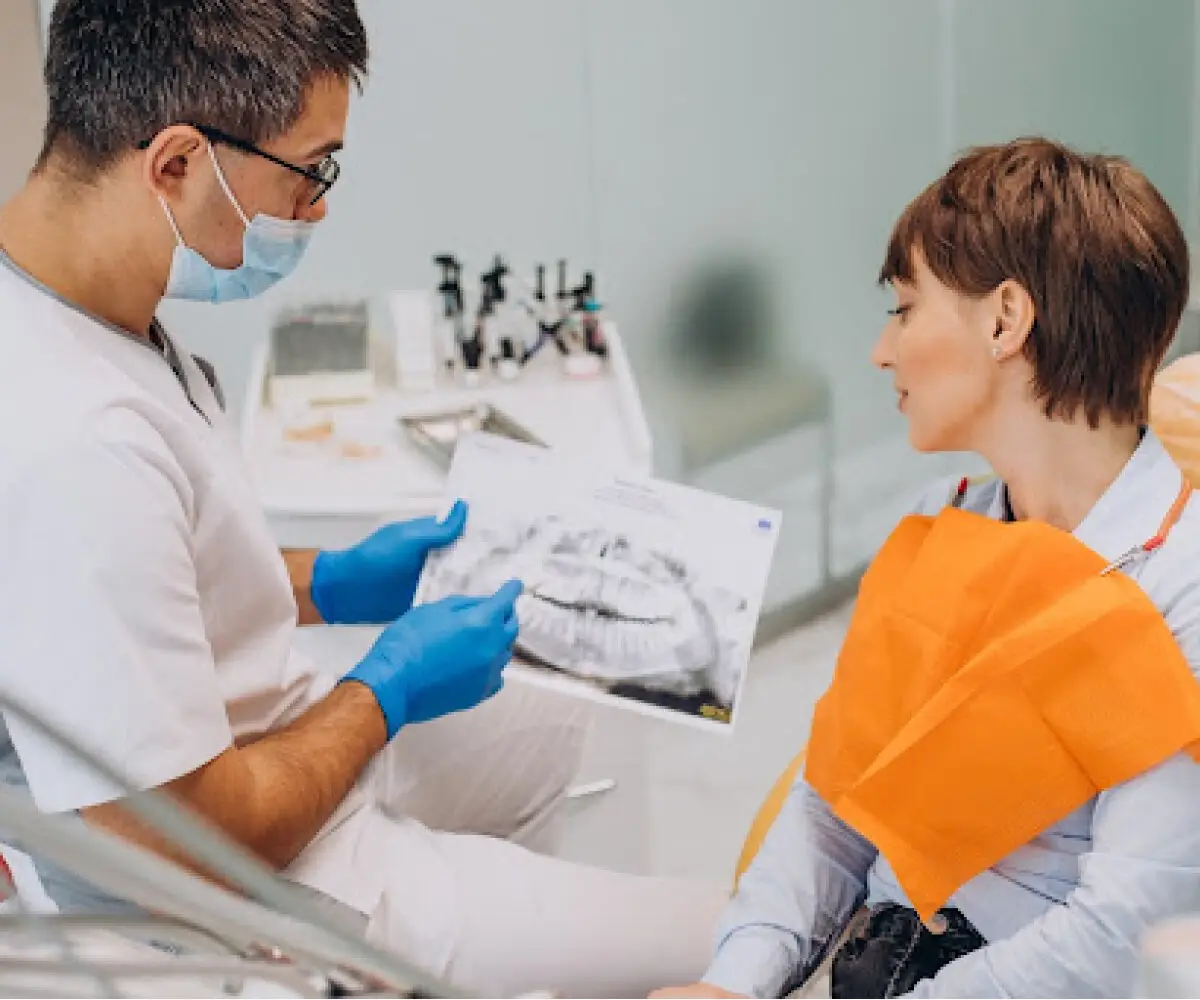
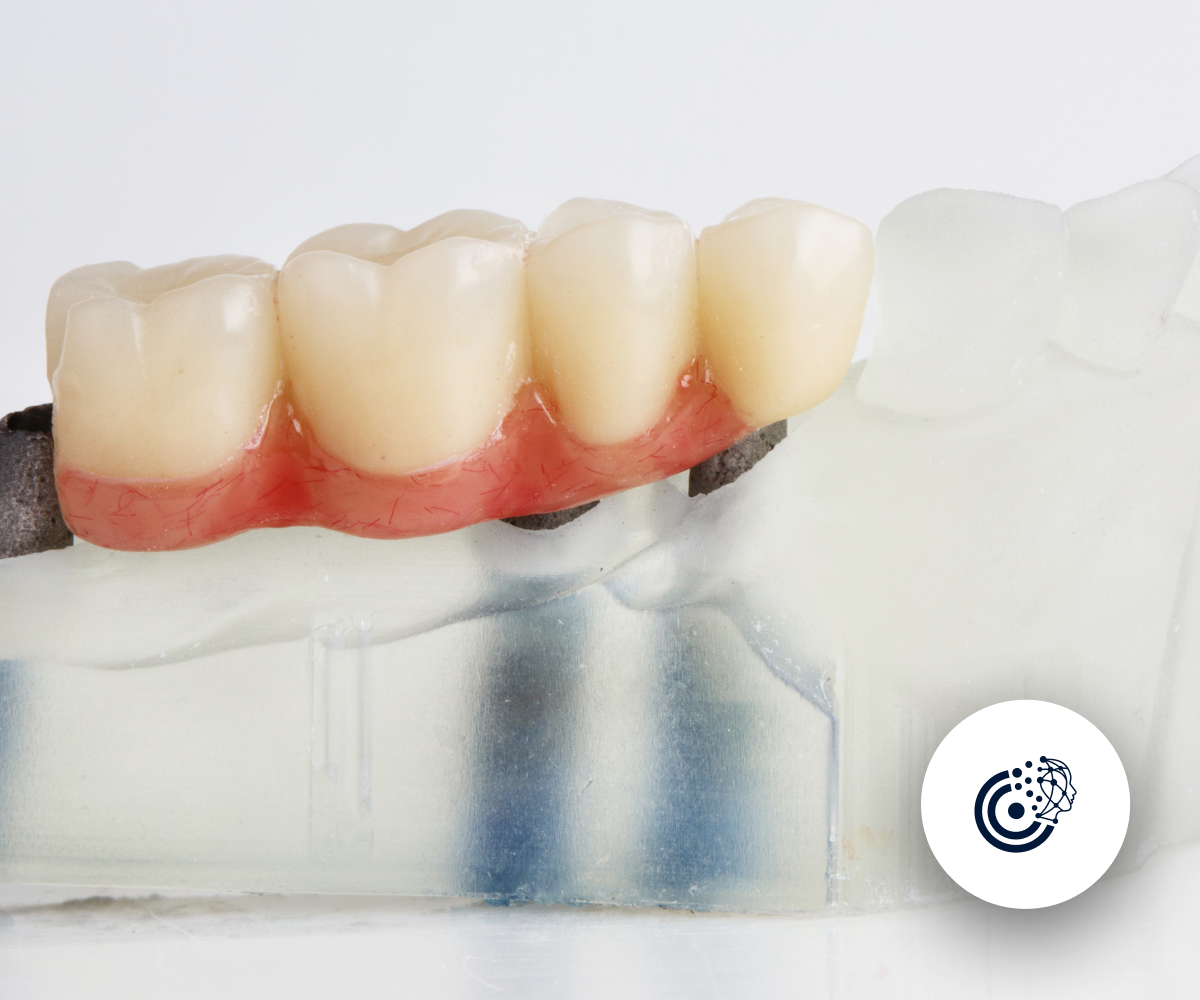
 Contact Us
Contact Us

